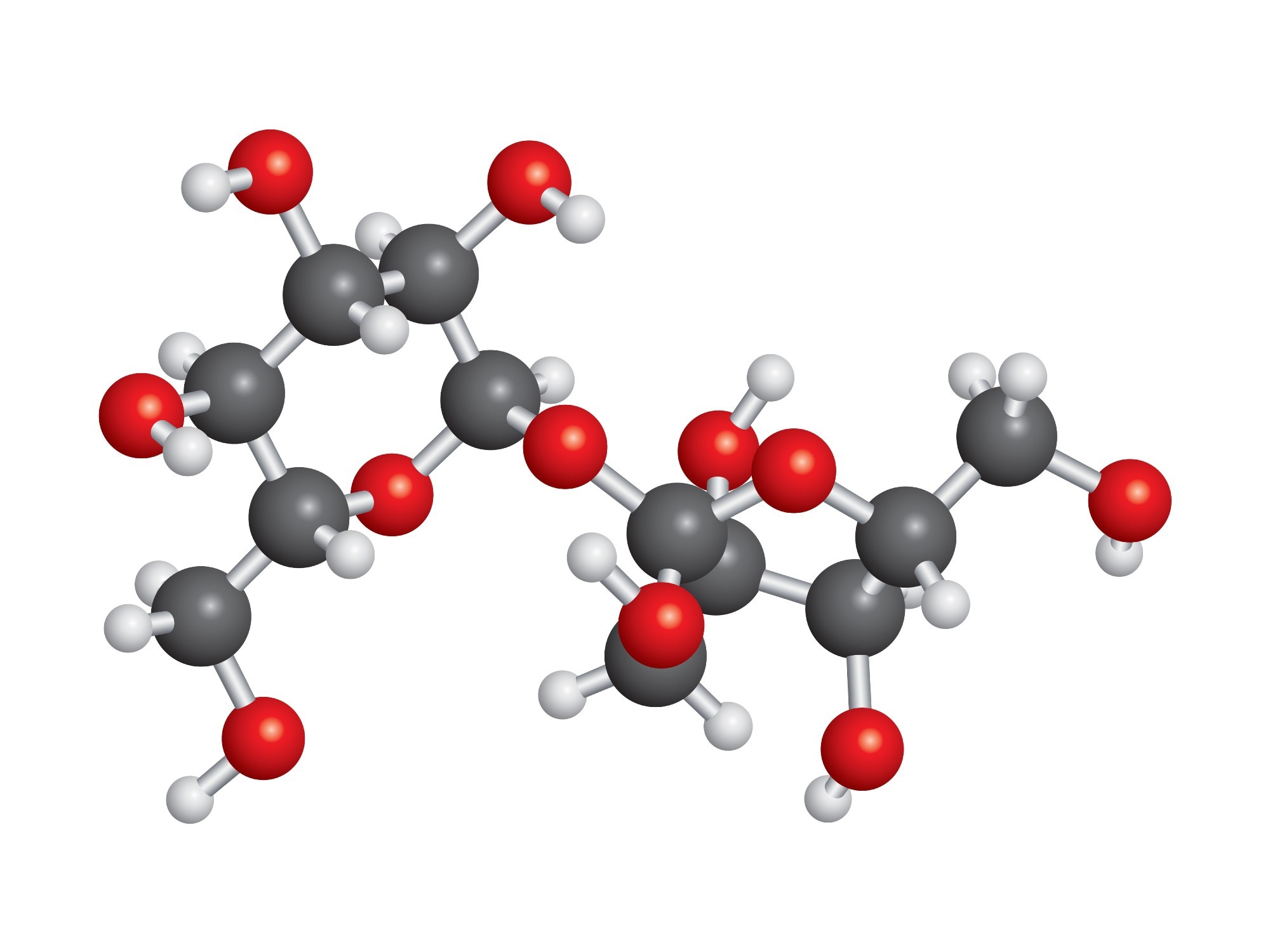Top Uses Polymers: Enhancing Everyday Products
Top Uses Polymers: Enhancing Everyday Products
Blog Article
Exploring the Varied Applications and Advantages of Polymers in Different Industries
Polymers, with their varied variety of properties and functionalities, have actually become indispensable in various industries, each enjoying one-of-a-kind advantages from their application. From enhancing safety and security and performance in the automobile field to changing medical tools in the healthcare sector, polymers play a pivotal duty.
Automotive Market Applications
Polymers play an essential role in enhancing the efficiency and resilience of numerous components within the automotive market. These versatile products are extensively used in the production of different parts, varying from interior parts to under-the-hood applications. One popular use polymers in the automotive market remains in the production of light-weight components. By replacing standard steel parts with polymer-based choices, cars can accomplish enhanced gas efficiency without compromising on stamina or safety and security.

Medical Care Industry Advantages
In different health care applications, the benefits of using polymers are extensively identified for their varied variety of valuable homes. Polymers play a critical duty in the medical care sector because of their adaptability, biocompatibility, and cost-effectiveness. One of the main advantages of polymers in health care is their capability to be customized to particular demands, such as versatility, longevity, and biodegradability, making them ideal for a large range of clinical applications.
Polymer-based products are extensively used in clinical tools, such as catheters, implants, prosthetics, and medication shipment systems, due to their biocompatibility and capability to mimic all-natural cells. These products can decrease the threat of allergies or rejections, enhancing patient safety and end results. Additionally, polymers are light-weight, making them appropriate for wearable medical tools and ensuring patient convenience.
Moreover, polymers make it possible for the advancement of innovative therapy techniques, such as hydrogels for cells design and nanocomposites for targeted medicine delivery. Their simplicity of handling and sterilization makes them essential for preserving high standards of hygiene in medical care settings. Generally, the diverse advantages of polymers add considerably to innovations in clinical innovation and person care.
Environmental Advantages of Polymers

Additionally, polymers can add to energy cost savings because of their lightweight nature. In markets such as transport, lightweight polymer materials can help in reducing fuel intake and greenhouse gas emissions. In addition, polymers can allow the growth of energy-efficient items such as insulation products that enhance power preservation in structures.
In addition, polymers play an important function in decreasing water contamination. The use of polymer-based filtration systems can effectively remove toxins and pollutants from wastewater, protecting water resources and ecosystems. Overall, the environmental advantages of polymers make them useful possessions in advertising sustainability and environmentally friendly practices throughout different markets.
Polymers in Electronics and Modern Technology
Considering the enhancing demand for innovative and lasting services in modern industries, the assimilation of innovative polymer technologies in the world of electronic devices and technology has actually become a critical technique for driving effectiveness and performance. Polymers have changed the electronics industry by making it possible for the manufacturing of lighter, more versatile, and long lasting digital devices. From mobile phones to clinical gadgets, polymers play an important duty in enhancing item design and capability.
One considerable benefit of polymers in electronics is their shielding residential properties, which assist safeguard fragile electronic elements from ecological factors and electric interference. In addition, polymers are necessary in the development of versatile display screens, wearable technology, and printed electronics, offering endless possibilities for producing smart and interconnected tools.
Additionally, the usage of polymers in digital packaging has actually led to advancements in miniaturization and thermal management, improving the overall efficiency and reliability of electronic systems. As innovation proceeds to advance, the adaptability and adaptability of polymers will most certainly drive better advancement in the electronic devices more helpful hints market, shaping the future of innovation.
Function of Polymers in Building And Construction and Framework
The combination of advanced polymer products in building and construction and infrastructure tasks has transformed the method structures are designed and constructed in modern times. Polymers additional reading use various benefits in the building and construction industry because of their versatility, resilience, and cost-effectiveness. One crucial role of polymers in building is their usage in finishings and sealers, giving protection versus environmental aspects such as dampness, UV radiation, and deterioration. In addition, polymers are made use of in the manufacturing of lightweight and high-strength composite products, boosting the structural honesty of buildings while decreasing general weight.
In addition, polymers play a vital function in lasting building techniques by making it possible for the development of energy-efficient frameworks. Insulating products made from polymers help manage interior temperatures, minimizing the demand for home heating and cooling down systems and inevitably lowering energy consumption - Polymers.
Final Thought
Finally, polymers play a critical function in various sectors such as vehicle, medical care, environmental, electronic devices, and construction. Their versatile buildings make them beneficial in producing cutting-edge options and items. my response From improving fuel effectiveness in vehicles to boosting clinical devices, polymers offer numerous benefits. Furthermore, their effect on reducing waste and advertising sustainability highlights their importance in contemporary applications. The prevalent use polymers demonstrates their significant contribution to advancing innovation and improving high quality of life.
Report this page